Oil price posts two-year highs - but how long can it last?
Brent rose above $59 a barrel this week, its best third-quarter showing since 2004

A free daily email with the biggest news stories of the day – and the best features from TheWeek.com
You are now subscribed
Your newsletter sign-up was successful
Oil price: traders remain bearish but prices predicted to rise
23 June
Traders reportedly remain bearish over the oil price in the near term amid concerns that the market is oversupplied, but there are signs some investors are lining up investments into the sector amid predictions prices could jump to more than $80 a barrel for the first time in more than a year.
The Week
Escape your echo chamber. Get the facts behind the news, plus analysis from multiple perspectives.

Sign up for The Week's Free Newsletters
From our morning news briefing to a weekly Good News Newsletter, get the best of The Week delivered directly to your inbox.
From our morning news briefing to a weekly Good News Newsletter, get the best of The Week delivered directly to your inbox.
The benchmark Brent crude price on ICE Futures Index closed at $63.34 a barrel yesterday, a rise of 32 cents, after a day in which it had been traded down by $1 at one stage against a backdrop of mounting concern over the situation in Greece, according to Reuters. The price has remained stable for weeks at around $60 as traders weigh current overproduction against increasing demand, the Wall Street Journal says.
Reuters quotes traders who remain pessimistic on the near-term outlook for oil, as a supply surge for gasoline in particular earlier this month continues to work its way through the market.
Others, however, are more optimistic about the medium-term prospects. The Daily Telegraph yesterday cited comments from Insch Capital Management, a Swiss hedge fund, which is planning to ramp up investments into the sector as a result of its view that the market is actually oversold and could be trading at $80 a barrel by the beginning of next year.
The paper provides forward projections from five analysts, all of which are predicting price rises by the end of the year. The forecast being used by Insch is an outlier, though; Citigroup is predicting relative parity at $65 by the beginning of 2016, and Commerzbank, Nomura and Wells Fargo expect between $70 and $75.
A free daily email with the biggest news stories of the day – and the best features from TheWeek.com
Canadian Bank RBC is alone in predicting $81 a barrel, which would be the first time the price had breached the $80 mark since it fell through it during its long nosedive in October last year.
Insch is not alone in its view that there is value to be had in oil investments, with an article in the FT today suggesting last month was the most active for merger and acquisition activity since December, excluding the behemoth buyout of BG Group by Shell, which is valued at £47bn and was launched in April.
Financial backing from lenders appears to be abundant, with the current sticking point apparently high takeover valuations, which according to Dealogic data imply an oil price in the order of $83 a barrel. Most seem to consider these prices, including that paid by Shell, to be excessive.
Oil prices: World Bank report ends two-day oil rally
11 June
Brent crude has fallen by 0.2 per cent to $65.59 a barrel, after the World Bank cut its global economic growth forecast.
The drop followed a climb of more than six per cent in the previous two days, reports the Financial Times.
In its much-watched, twice-yearly Global Economic Prospects report, the World Bank predicted the global economy would expand by 2.8 per cent this year, below its 3 per cent outlook in January.
Oil had rallied for a second straight day on Wednesday. Brent crude prices rose 70 cents to $65.60 a barrel, while US light crude closed at its highest level since 9 December – up $1.29, or 2.14 per cent, at $61.43 a barrel.
Those rallies came after US government data confirmed a big weekly drawdown in domestic crude stockpiles. However, profit-taking by players who had bet on the draw pulled the market back from its peak.
Crude oil inventories fell by 6.8 million barrels last week, said the US Energy Information Administration, four times more than the 1.7 million barrels forecast by analysts in a Reuters poll.
Earlier, respected industry group American Petroleum Institute had sent market expectations soaring when it forecast a draw of 6.7 million barrels. Oil futures rose 3 per cent on Tuesday in response to the prediction.
Prices in the US have also been boosted recently by high petrol demand for automobiles. Wildfires in Canada have lowered production levels there, to the benefit of US producers.
Oil price 'jumps abruptly' as Opec announces plans
05 June
The oil price rose sharply today despite Opec's confirmation that it would leave its production ceiling unchanged. Many traders had feared that it would increase drilling yet further, adding to downward pressure on the oil price.
Brent crude was on course for "its biggest weekly loss since March" ahead of today's Opec meeting in Vienna, says the Financial Times. But prices turned upwards after it was confirmed that Opec would maintain its output target of 30 million barrels per day (bpd) – a figure it has been exceeding for the past two years.
Members of the organisation had been widely expected to keep their output high, despite the ongoing oil glut.
Confirming the continued 30 million bpd cap, Saudi Arabia's oil minister Ali al-Naimi described the meeting as "amicable" and said production was a "sovereign right".
The FT says Saudi Arabia and its Gulf allies are "convinced their policy of unconstrained oil output has helped boost demand, curbed production from high-cost operations such as US shale and deterred investment in big oil projects".
After hitting a six-year low of $45 a barrel in January, the oil price has rebounded only to lose more than five per cent this week.
"Crude oil prices had been about one per cent lower on the day in the morning session in Europe, but jumped abruptly as the Opec news broke," says the Wall Street Journal.
Brent Crude rose by 0.6 per cent to $62.40 a barrel on London's ICE Futures exchange following the meeting.
Marina Petroleka, head of oil and gas at BMI Research, suggested the "knee-jerk" reaction in the markets was because there were expectations that Opec might raise the production target further.
"Eyes are now to the next meeting in end November, depending on what happens with the Iranian nuclear negotiations. The next meeting could be where a lot more internal negotiation and change of policy may need to take place," she added.
Oil price falls ahead of Opec meeting
4 June
The oil price has dipped as Opec members prepare for a meeting at which they will decide their long-term strategy in response to a global oversupply of oil and continuing low prices.
Ahead of the meeting, the price of Brent crude, the global benchmark, was down 26 cents at $63.54 a barrel at 10am BST. US crude was down 25 cents at $59.39.
Despite an ongoing oil glut that has resulted in millions of barrels of unsold oil being stored on tankers, Opec is expected to stick to its current strategy, Reuters reports. Analysts predict that it will maintain its output target of 30 million barrels per day (bpd) – a figure it has been exceeding for the past two years.
For many months, Opec's de facto leader, Saudi Arabia, has refused to discuss why it wants to maintain high production figures despite the falling oil price. But last month a Saudi official conceded that the country has adopted the policy in order to squeeze oil rivals such as the US shale gas industry.
"There is no doubt about it, the price fall of the last several months has deterred investors away from expensive oil including US shale, deep offshore and heavy oils," a Saudi official told the Financial Times.
IHS Energy said that due to Saudi Arabia's ambitions the likelihood of Opec changing course on Friday was extremely low.
"Although surprises from Opec can never be ruled out, prospects for a policy reversal at this time range from slim to non-existent," said Bhushan Bahree, senior director at IHS Energy. "Saudi Arabia and its Gulf allies, which last November instigated the policy of defending market share instead of prices, appear resolved to persist with it".
If Opec does continue its strategy, many analysts anticipate that the oil price is unlikely to see any significant recovery for at least a year. Wood Mackenzie predicted the average price of Brent crude to hover around $60 a barrel in 2015 and $70 in 2016, Reuters reports.
Oil price: traders braced for Opec meeting
02 June
Fears that Opec will announce an unchanged strategy on oil production at its conference in Vienna this week have hit oil prices, which fell abruptly this morning before recovering slightly on predictions that strong demand will insulate the industry against further price falls in the longer term.
Brent crude, the global benchmark, had fallen 13 cents to $64.75 per barrel by 1.45am BST on Tuesday before jumping to $65.63 at 10.15am. US crude followed a similar trajectory, falling five cents to $60.15 a barrel in the early hours of the morning before leaping to $60.93 at 10.15am.
"Investors remained cautious heading into the Opec... meeting this Friday, with Brent coming under the most selling pressure," ANZ bank said today.
Following the framework for a nuclear deal between Tehran and six major world powers, Opec member Iran is expected to sell more oil on international markets as sanctions on the country begin to lift. Consequently, analysts say that even if Opec does not change its strategy, its production quotas could actually increase, placing further pressure on the oil price.
"This comes at a time when US shale oil producers are also positioning for a resumption in output after this year's price rises," ANZ added.
Analysts suggested that firm refinery demand could help to support prices, in spite of the anticipated announcements from Opec on Friday, Reuters reports.
"Refineries are on the cusp of higher crude runs as we approach the third quarter of 2015. On balance, we think any short-term price weakness will be dissolved by the pickup in end-user demand, higher runs and shrinking US supply growth," JP Morgan said in its monthly oil report.
At its meeting on Friday, Opec is expected to announce that it will maintain its current high levels of production – a move that will "keep the world oil market amply supplied for the foreseeable future", CNBC notes.
US production had been thought to be under pressure, but in spite of a new rig count that showed a decline in the number of operating oil rigs, Goldman Sachs predicts that US oil production will in fact grow by 155,000 barrels per day in the fourth quarter of 2015 compared with the same period in 2014.
Oil price climbs, but further drops are forecast
29 May
The oil price rose by one per cent today as US inventories decreased for the fourth straight week, but that small rise won't save it from an overall weekly drop due to the strong US dollar and ongoing concerns about the global oversupply of oil.
At 10.30am BST, Brent Crude was up 7 cents to $63.28 a barrel, and West Texas Intermediate was at $58.44 a barrel, up 76 cents.
Earlier this week the oil prices had fallen steeply as traders looked to the future of US supplies. American production has levelled off for the past three weeks, but is now expected to begin rising again.
Brent Crude, the global oil price benchmark, has lost almost four per cent of its value this week, while West Texas Intermediate has fallen by two per cent. The losses represent their biggest weekly drop in value since the middle of March.
Last week, data from the US Energy Information Administration (EIA) showed crude oil inventories had fallen by 2.8 million barrels. But despite those figures, most analysts estimate the global oil glut to continue.
"The global supply imbalance is set to persist into the second half of 2015," Barclays analysts said in a note last night.
Opec is expected to declare its intention to keep its production quotas unchanged when it meets in Vienna next week, leading many traders to focus their attention on changes in oil production in the US.
"With Opec's June 5 meeting right around the corner and no chance of a policy change, we will continue to focus on US production and production costs," Societe Generale analysts said in a note.
-
 6 exquisite homes with vast acreage
6 exquisite homes with vast acreageFeature Featuring an off-the-grid contemporary home in New Mexico and lakefront farmhouse in Massachusetts
-
 Film reviews: ‘Wuthering Heights,’ ‘Good Luck, Have Fun, Don’t Die,’ and ‘Sirat’
Film reviews: ‘Wuthering Heights,’ ‘Good Luck, Have Fun, Don’t Die,’ and ‘Sirat’Feature An inconvenient love torments a would-be couple, a gonzo time traveler seeks to save humanity from AI, and a father’s desperate search goes deeply sideways
-
 Political cartoons for February 16
Political cartoons for February 16Cartoons Monday’s political cartoons include President's Day, a valentine from the Epstein files, and more
-
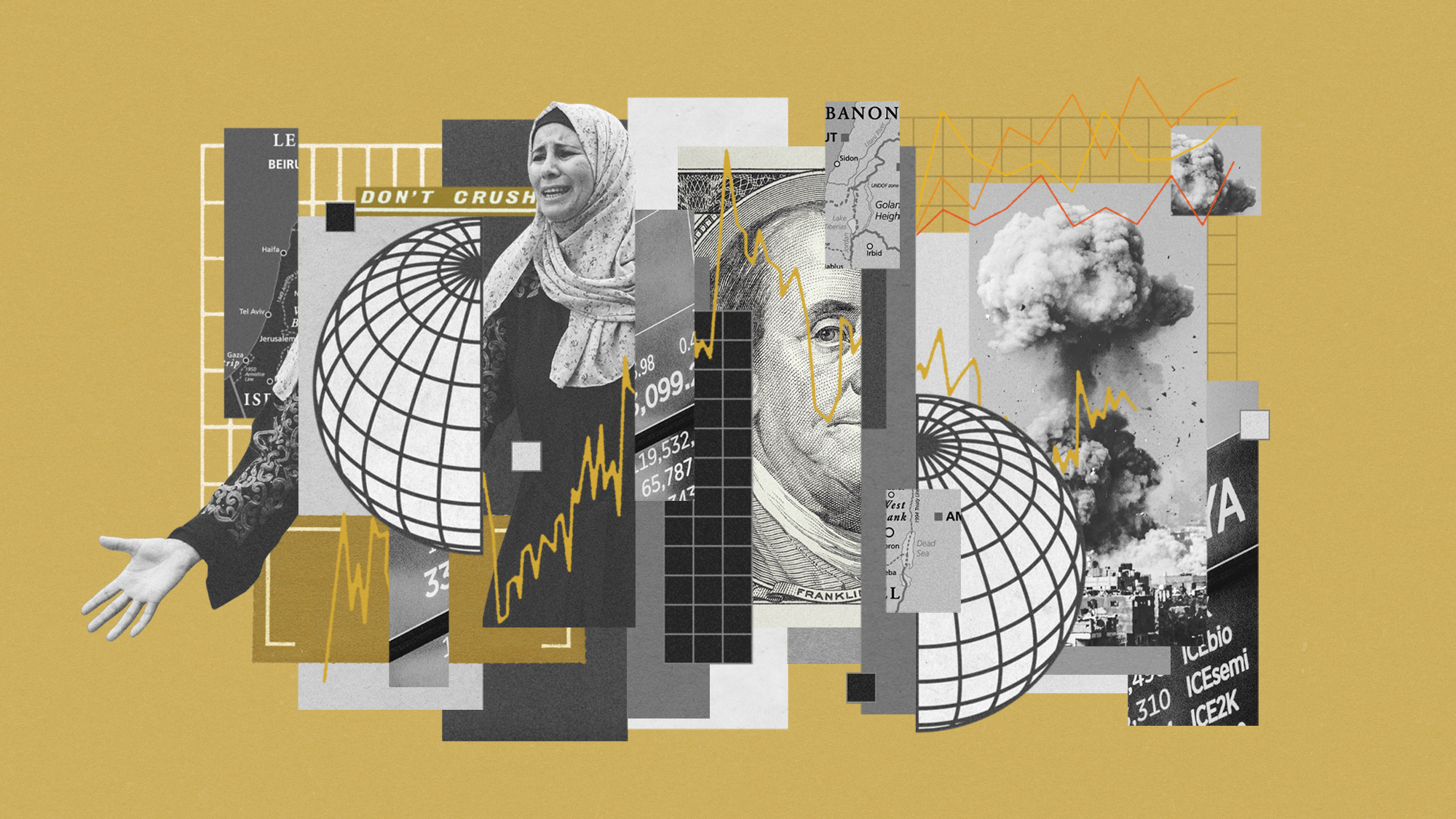 How might the Israel-Hamas war affect the global economy?
How might the Israel-Hamas war affect the global economy?Today's Big Question Regional escalation could send oil prices and inflation sky-high, sparking a worldwide recession
-
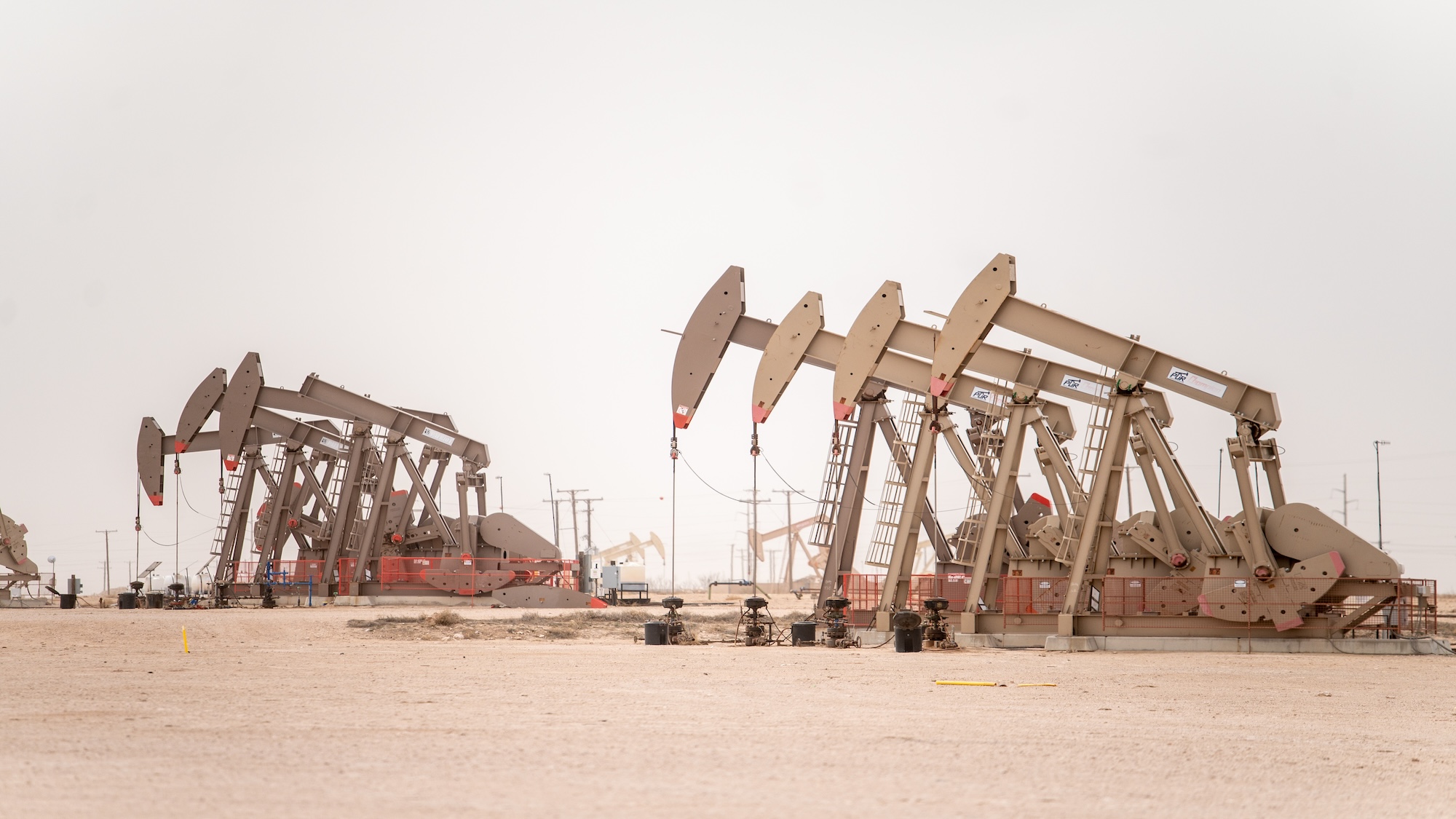 Recent mega-mergers could signal a turning point for the US oil industry
Recent mega-mergers could signal a turning point for the US oil industryTalking Point Both Chevron and Exxon have recently spent billions to acquire smaller oil companies
-
 Has Saudi Arabia lost control of oil prices?
Has Saudi Arabia lost control of oil prices?Today's Big Question Kingdom goes it alone to cut production, risking tension with US and reigniting cooling inflation in Europe
-
 US angered by Opec+ oil cut
US angered by Opec+ oil cutSpeed Read Energy prices to rise further as producers slash supply by two million barrels a day
-
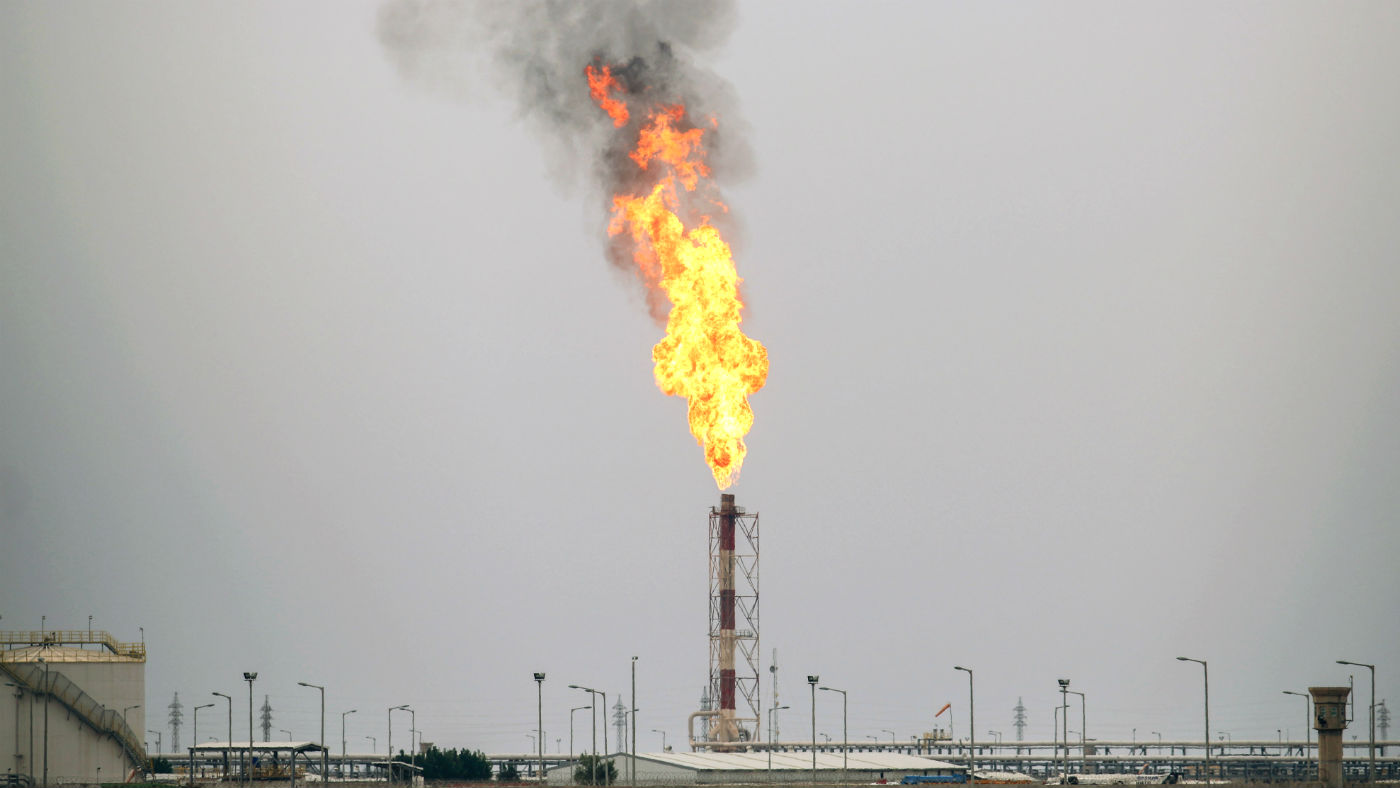 Global oil demand forecast lowered for 2020 and 2021
Global oil demand forecast lowered for 2020 and 2021Speed Read IEA report says jet fuel demand remains the major source of weakness
-
 Are US-Iran tensions flaring again?
Are US-Iran tensions flaring again?In Depth Trump threatens military action over Twitter
-
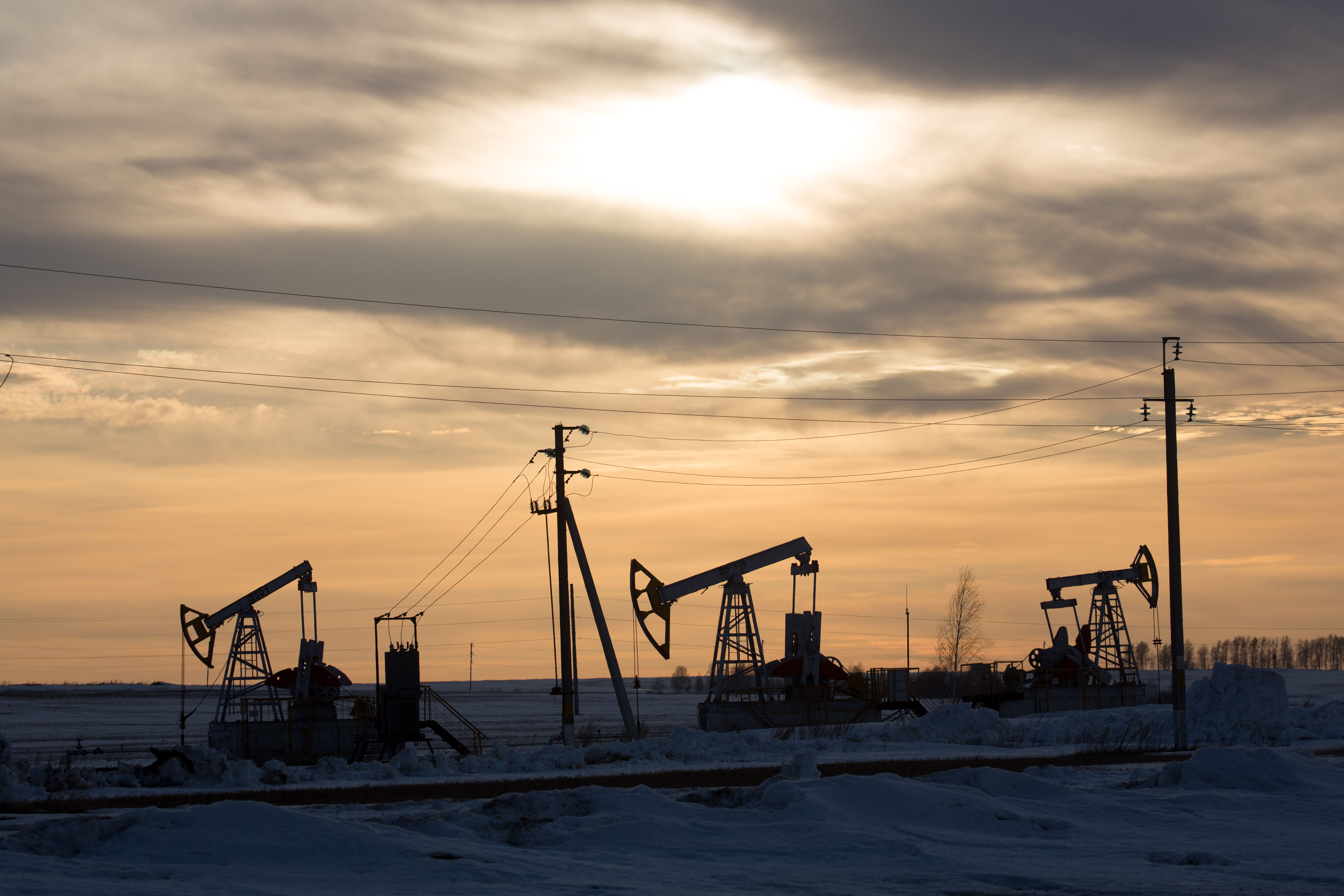 Can a deal be struck to raise oil prices?
Can a deal be struck to raise oil prices?In Depth Opec+ will convene today over video link in a bid to boost crude
-
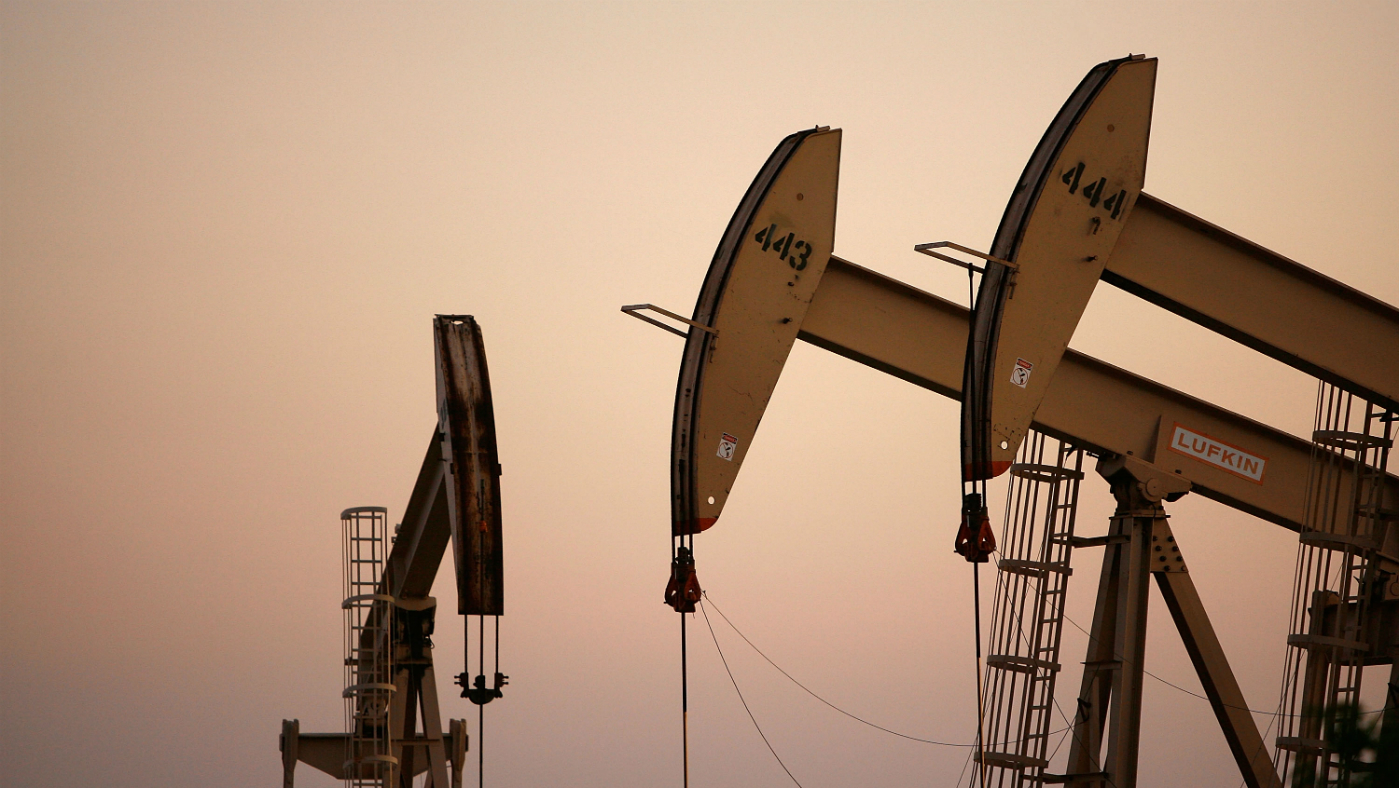 What do negative oil prices mean?
What do negative oil prices mean?In Depth Perfect storm of oversupply and storage shortages sees producers paying to get rid of US crude